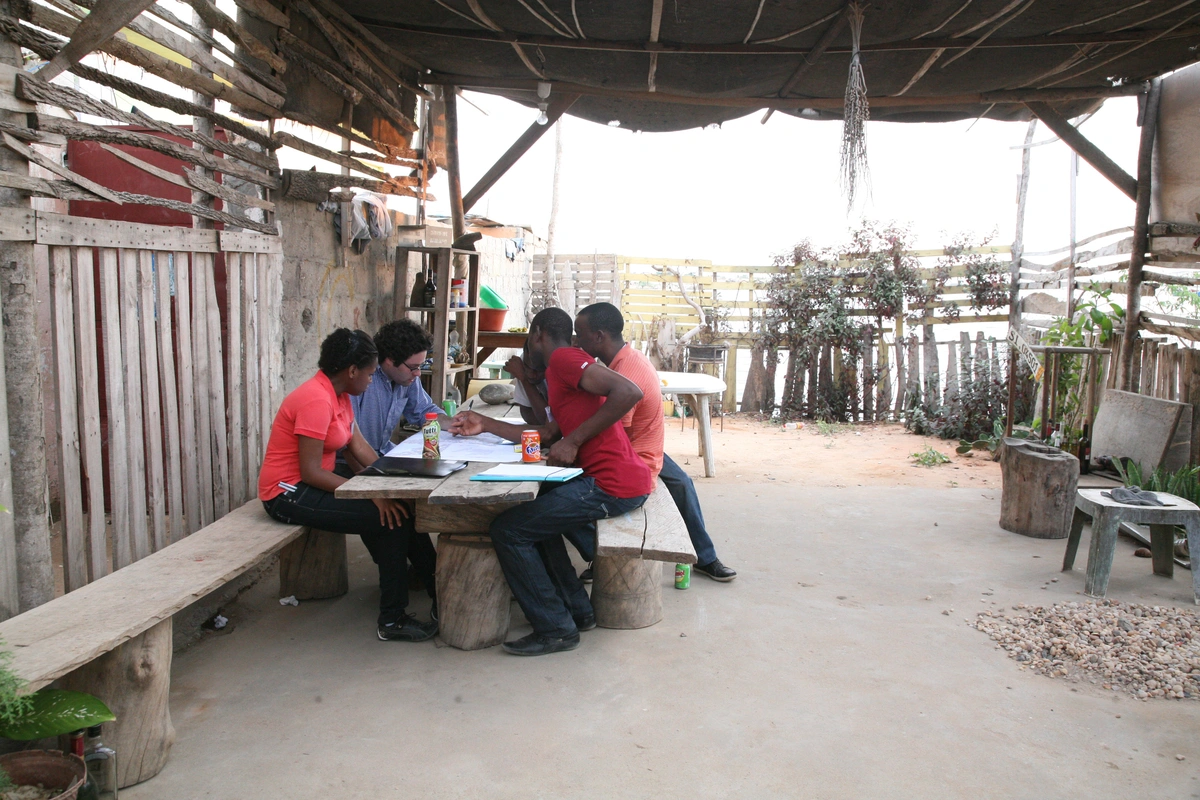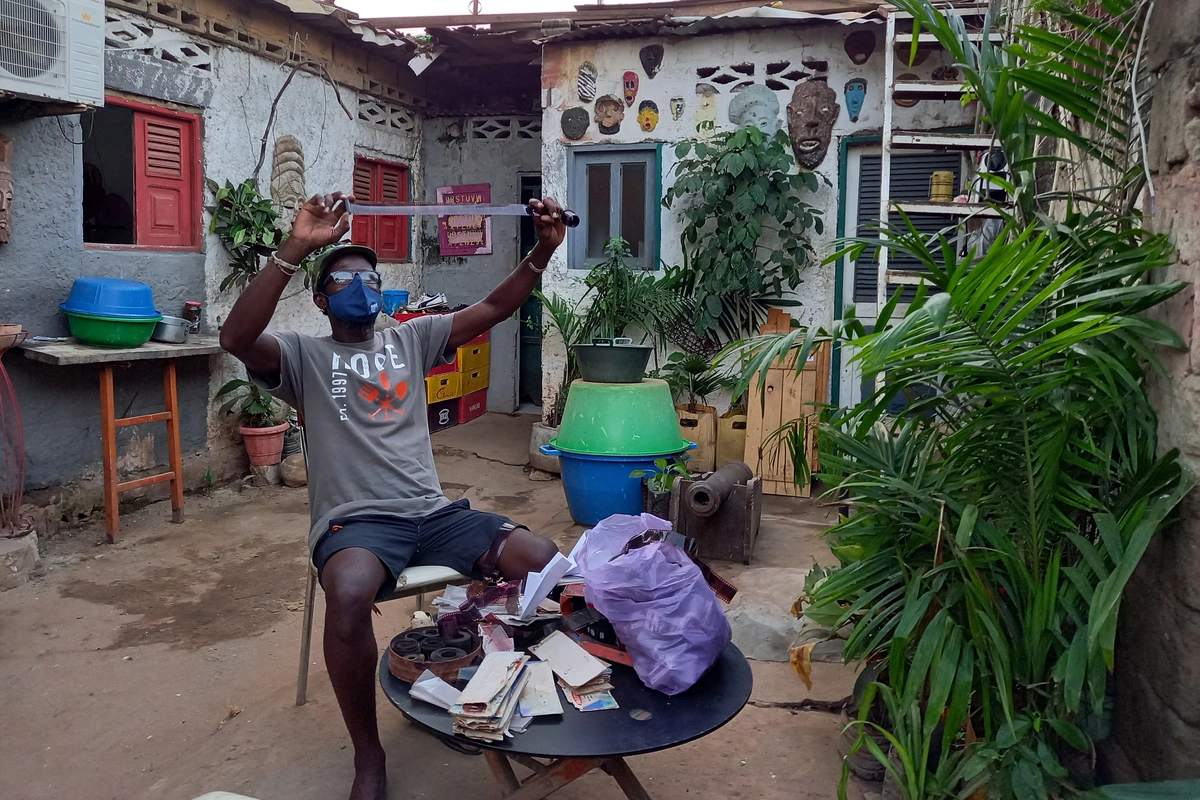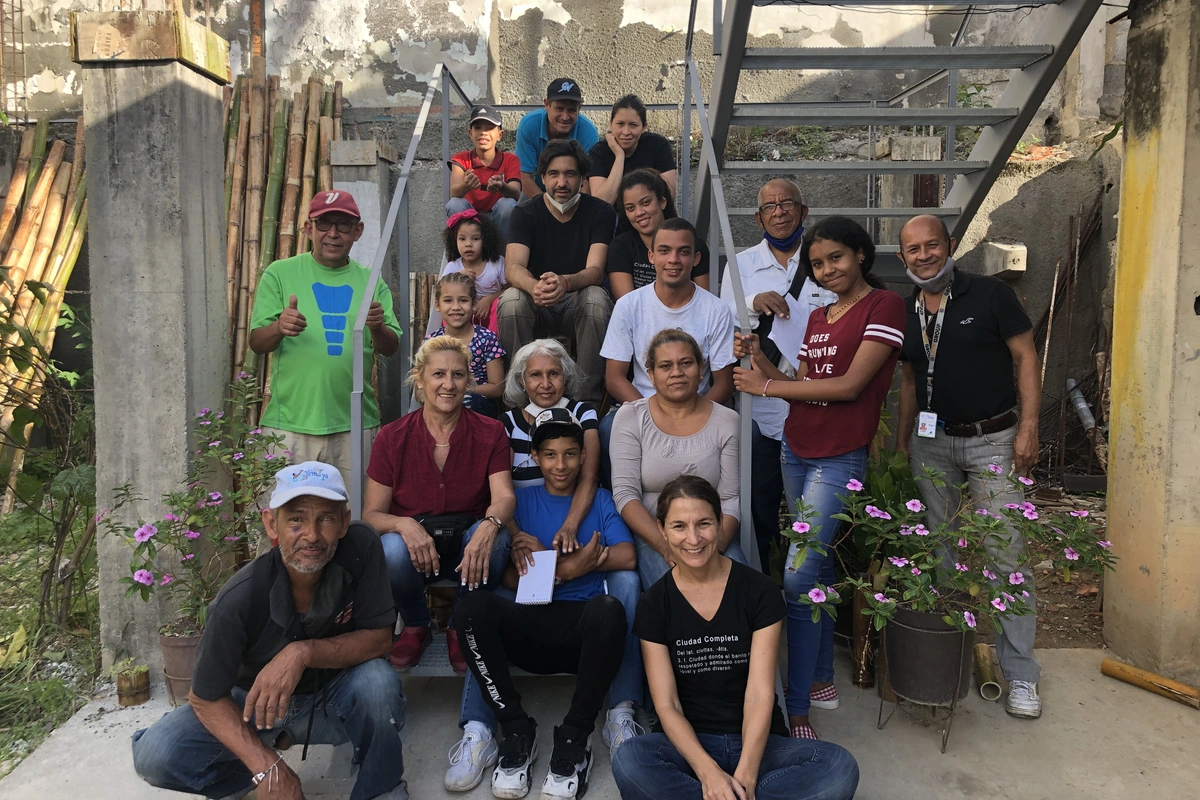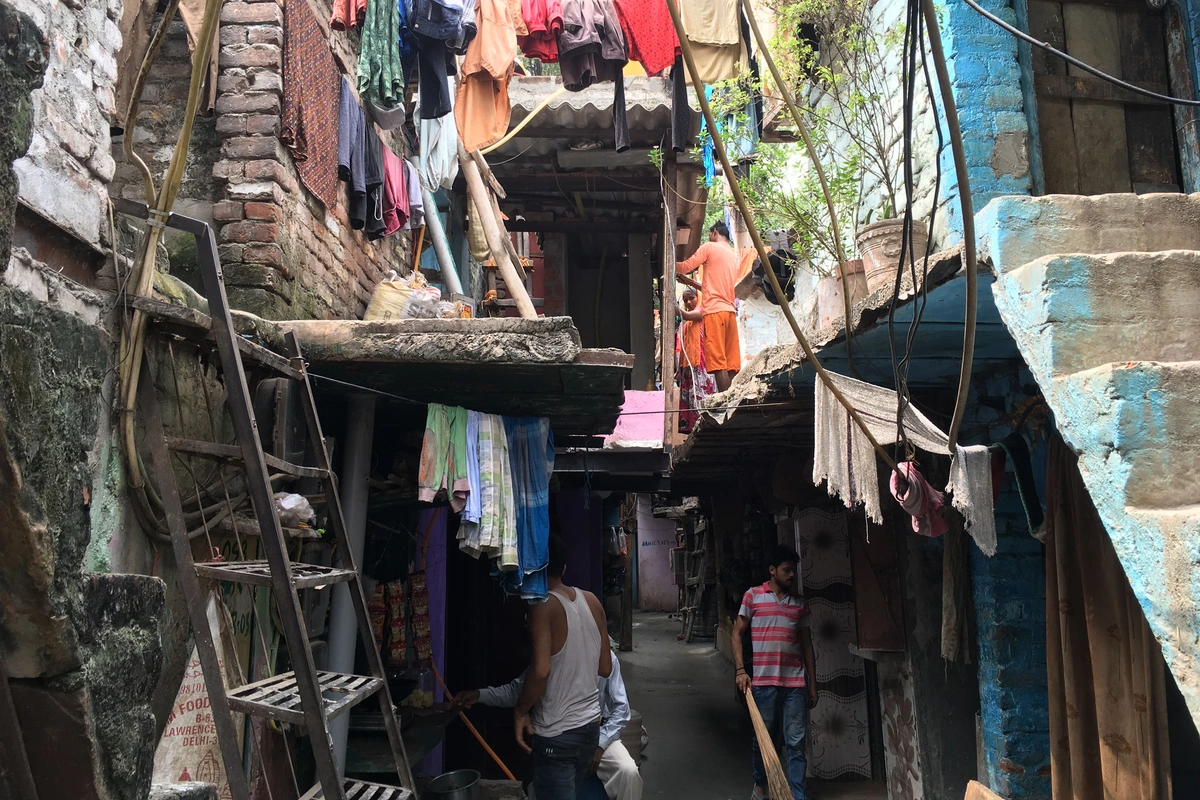At a time when architectural and urban studies are moving towards seeking to accept and understand informal neighbourhoods rather than ignoring or eradicating them, the need for experiments on the ground is becoming increasingly urgent. In recent years, a growing number of architects and spatial practitioners have begun to act on their commitment to the idea that these settlements are here to stay and require selective intervention.
Critical Neighbourhoods – The Architecture of Contested Communities analyses recent studies and practical actions in three different continents (Africa, America and Asia). The volume is edited by Paulo Moreira, with contributions by Elisa Silva, Julia King, Matthew Barac and Ines Weizman, and a preface by AbdouMaliq Simone.
The book analyses three informal neighbourhoods from around the world, translating their spatial and social characteristics into architectural language and producing new interpretations of housing, public space, infrastructure and citizenship. The three neighbourhoods studied here are crying out for recognition and are made conceptually and materially visible. ´Critical Neighbourhoods´ casts light on these incredibly diverse, yet endangered places. In doing so, it potentially uncovers new modes of making architecture and contributes to a greater understanding of cities in all their depth.
The work presented in the book seeks to expand upon the role of architects and researchers in critical spatial practices as facilitators of local knowledge. This is perhaps what distinguishes this project most from other work on the topic: above all, working within a complex urban situation entails a deep familiarity with the territory and the people involved.

Collaborative fieldwork in Chicala, Angola. Work coordinated by Paulo Moreira.

Archival research in Chicala, Angola. Work coordinated by Paulo Moreira.

Team photo in La Palomera, Venezuela. Work coordinated by Elisa Silva.

Infrastructure survey in T Camp, India. Work coordinated by Julia King.
The book is edited by Paulo Moreira, with contributions by Elisa Silva, Julia King, Matthew Barac, Ines Weizman and AbdouMaliq Simone. It is published by Park Books, a renowned publisher in the field of architecture, and supported by Graham Foundation. Paulo Moreira is a Porto-based architect and researcher. He gratuated from the Faculty of Architecture, University of Porto (Portugal), having studied also at the Accademia di architettura (Mendrisio, Switzerland). He received his PhD from London Metropolitan University. Moreira is a researcher in the project Africa Habitat, coordinated by the Faculty of Architecture, University of Lisbon. Moreira authored chapters in academic journals and edited independent publications on informal neighbourhoods. He participated in La Biennale di Venezia (2014, 2016, 2021), Lisbon Architecture Triennale (2007, 2013), Oslo Architecture Triennale (2016, 2019). He was a finalist in the RIBA President’s Award for Research 2019, Cities & Community category.
